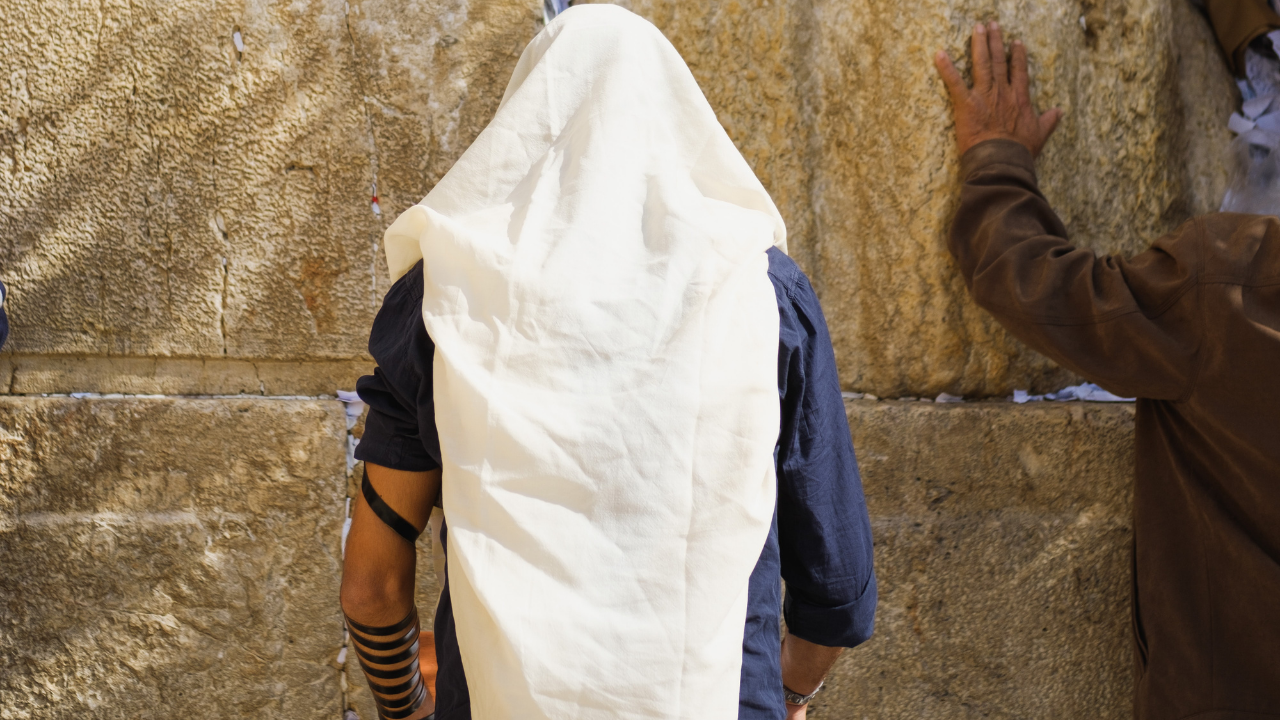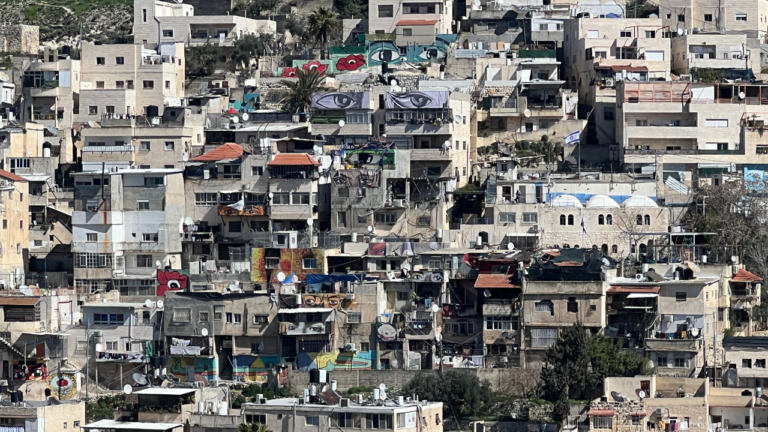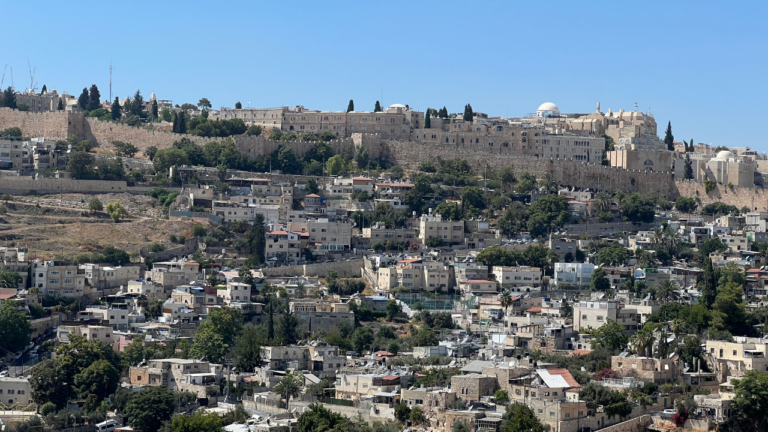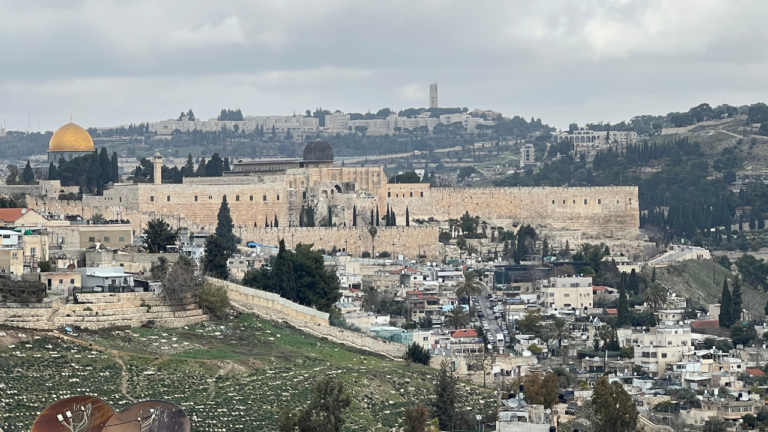The Protection of Pesach in Jerusalem
This year, the first day of Pesach coincides with Shabbat. We are familiar from other holidays that this cooccurrence changes our practice of the laws of the holiday. Most notably, we do not blow shofar or shake the lulav on Shabbat. The Talmud explains that the rabbis prohibited the performance of these mitzvot on Shabbat, lest an uneducated person carry his item in the street to a Torah scholar to teach him how to perform the mitzvah or how to say the blessing, thus violating the sanctity of Shabbat. By contrast, this year we will eat the matzah at the Seder even though it is Shabbat. Several commentators were struck by this difference and ask why are we not similarly concerned that a person will carry his matzah to a sage to teach him the laws of matzah?
Rabbi Baruch Simon collected several answers to this question. One answer, suggested by Rav Amram Blums, notes that in the ideal world all Jews are supposed to conduct their seder in Yerushalayim after having offered the korbon pesach. The Talmud teaches us that the gates of Yerushalayim were closed at night. Therefore the city does not have the status of a public domain and it is not biblically prohibited to carry within the city. Since it is impossible to violate a Torah prohibition of carrying within Yerushalayim, there was no need for the rabbis to be concerned about this form of carrying.
Another explanation relates to the unique nature of the Seder night. The Torah refers to the first night of Pesach as “Leil Shimurim” or the night of watching or guarding. One interpretation of this title is that the Jewish people are protected from all sorts of physical and spiritual harm on this night. Accordingly, many have the custom to not recite the full text of Kri’at Shema al HaMitah (the prayer before going to sleep) as this prayer is intended to request protection from God and that is not as necessary on this night.
Rabbi Dovid Kahn suggests that part of this night of protection is that the Jewish people are also spiritually protected from violating Jewish law, and particularly the laws of Shabbat that are punishable by death or excision. Therefore, the rabbis were not concerned that a Jew would carry his matzah in the street.
Even though these are distinct answers to our opening question perhaps we can suggest that they are connected in a certain way. Pesach brings us back to our roots and we are therefore protected from violating the Shabbat. Yerushalayim has the same impact on us. We are more attuned to our true nature when we are all in Yerushalyim together for the holiday pilgrimage. This combination of Pesach and Yerushalayim brings out our true selves and therefore the rabbis were not concerned that we would unintentionally sin by carrying the matzah.



